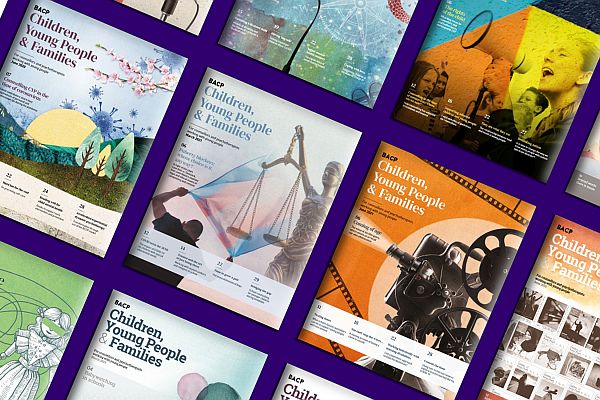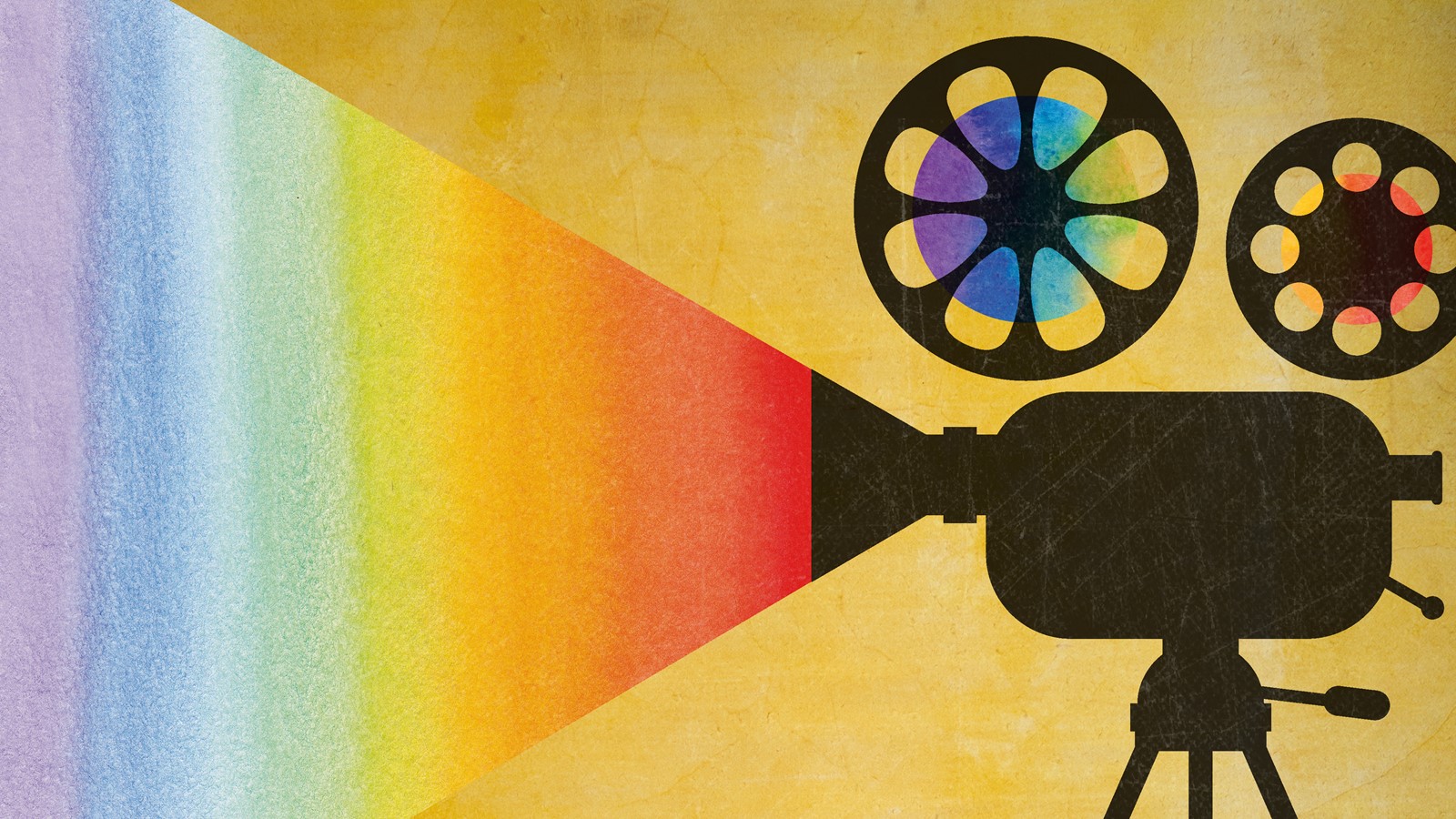What is pride (small p)? According to the dictionary definition, it’s a feeling of pleasure or satisfaction derived from your own achievements or the achievements of someone close to you. This made me think of the 2001 single by British soul singer Heather Small, and the lyric, ‘What have you done today to make you feel proud?’.1 For some people, the proudest thing they do each day is be themselves, be visible, be ‘out’.
The song Proud1 was the soundtrack to Queer as Folk,2 a ground-breaking (at the time) television series of the early noughties, whose main protagonists were five gay men and a lesbian couple. Controversial (at the time) themes included same-sex sex, love, marriage and parenting, drug abuse, AIDS, discrimination, homophobia and all the other messy stuff of life.
Thinking about these themes made me think of Pride (capital P), which is a celebration of who you are, no matter how you identify or who you love. It’s about acceptance, equality and celebration. It’s about the lives and work of LGBTQ+ people now and throughout history. It’s about educating and increasing awareness of issues affecting the LGBTQ+ community, including homophobia, transphobia, biphobia and other hate crimes.
I feel proud of the Pride-related themes in the June issue of BACP CYPF journal, which acknowledge the lived experiences of sex, gender and sexuality across a wide, colourful and inclusive spectrum. We have first-person narratives of Growing up queer in the noughties and Growing up trans in the 1980s, at a time when Section 28 prohibited the ‘intentional promotion of homosexuality’, or the ‘acceptability of homosexuality as a pretended family relationship’.3 My early education was set within that context too. It’s reassuring to acknowledge what’s changed and how we’ve moved on. If you find talking to young people about sex difficult, the tips from a sex and relationships educator in Let’s talk (inclusively) about sex might help. Our featured article, ‘Out’ at the movies, explores the portrayal of LGBTQ+ characters in film over the last 30 years. As the author David Curl says, ‘An intelligent appreciation of LGBTQ+ coming-of-age cinema can… help us widen our range of empathic cultural reference’. I’m looking forward to speaking with David for a BACP podcast to elaborate on some of the themes of the films referenced in his article. I hope you’ll enjoy reading and listening. And if you missed the previous podcast, which I recorded to accompany our series of articles about the lived experience of boarding school survivors, you can listen to my fascinating conversation with Thurstine Bassett and Gordon Knott.
I hope that this quite special issue will challenge your biases and misconceptions, widen your range of empathic cultural reference and encourage you to talk more comfortably and inclusively about sex. Be proud of the work that you do to support young LGBTQ+ people, and happy Pride.
References
1 Heath Small. Proud https://www.youtube.com/watch?v=OygsHbM1UCw (accessed May 2022)
2 Queer as Folk [television programme]. Charles McDougall, Sarah Harding Menhaj Huda (dirs). Channel 4 1999–2000.
3 Local Government Act 1988 www.legislation.gov.uk/ukpga/1988/9/section/28/enacted (accessed May 2022).
Read more...

BACP Children, Young People and Families
Subscribe for free access to the online journal

BACP Children, Young People and Families division
BACP CYPF is for practitioners and other professionals interested in counselling and psychotherapy for children and young people.

Blogs and vlogs 2022
News and views from members, staff and clients
Views expressed in this article are the views of the writer and not necessarily the views of BACP. Publication does not imply endorsement of the writer’s views. Reasonable care has been taken to avoid errors but no liability will be accepted for any errors that may occur.
